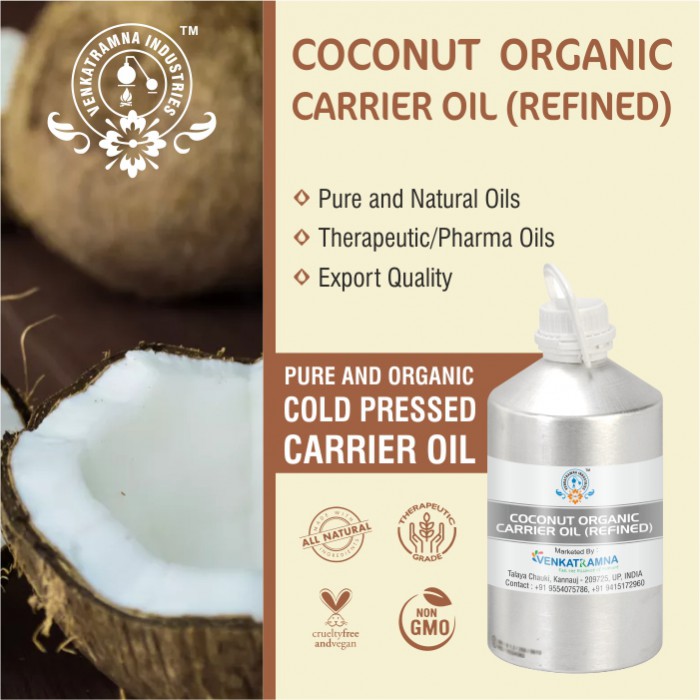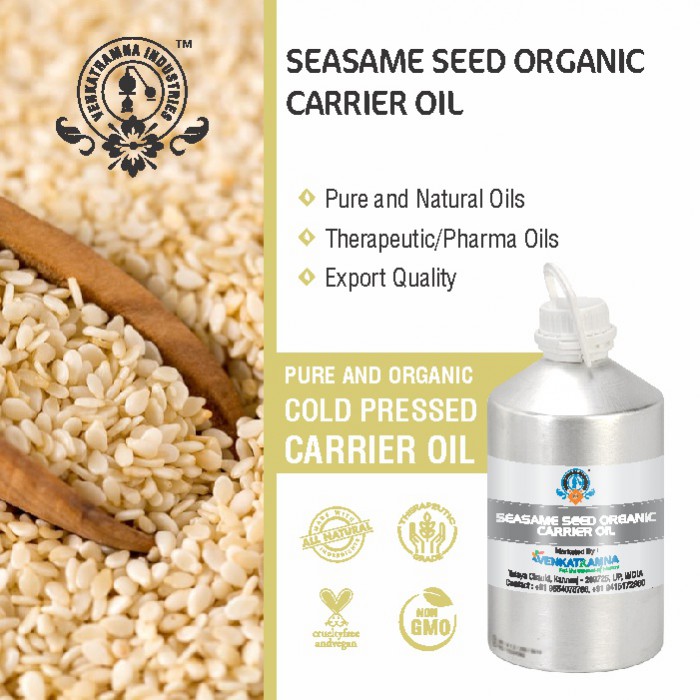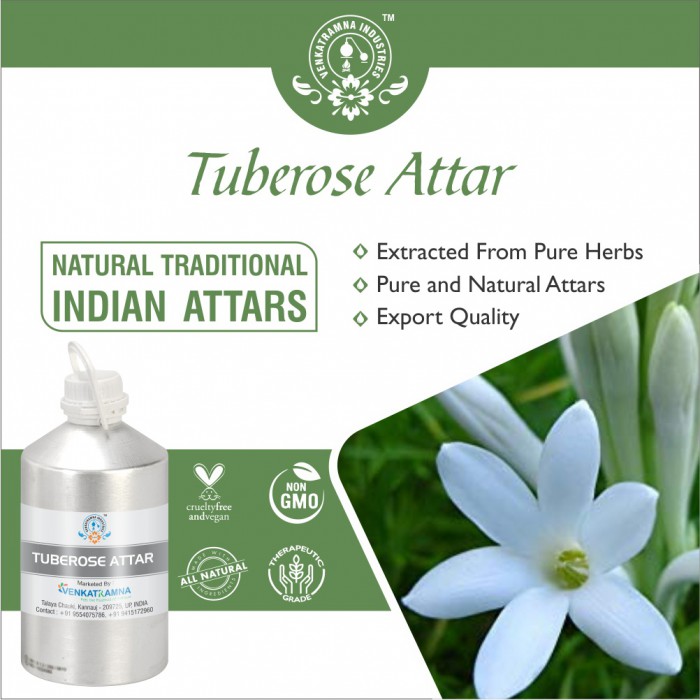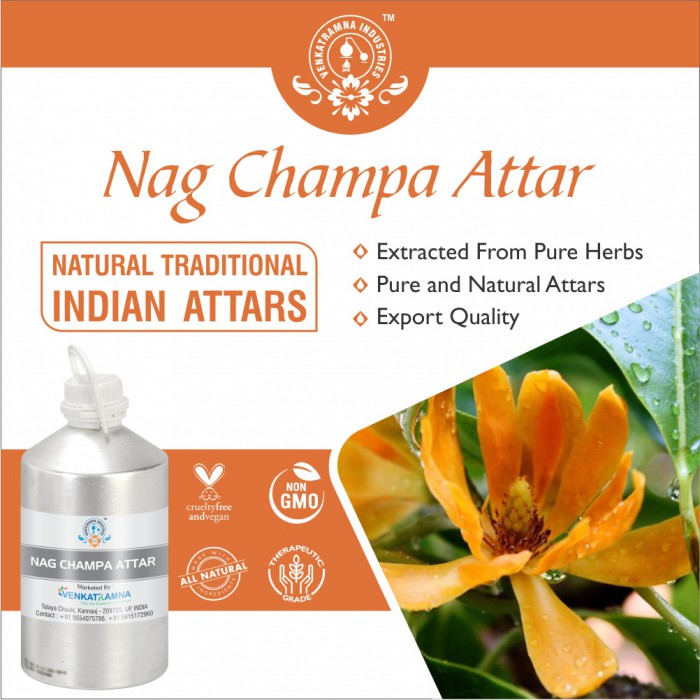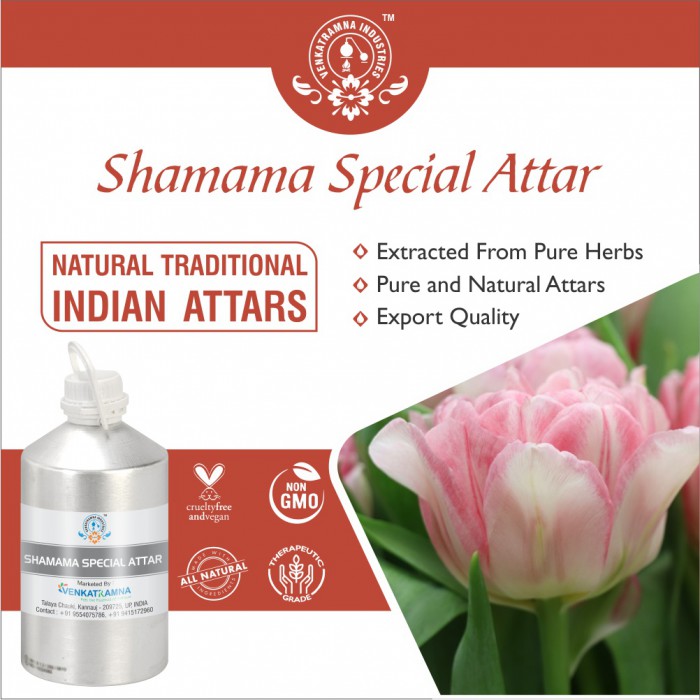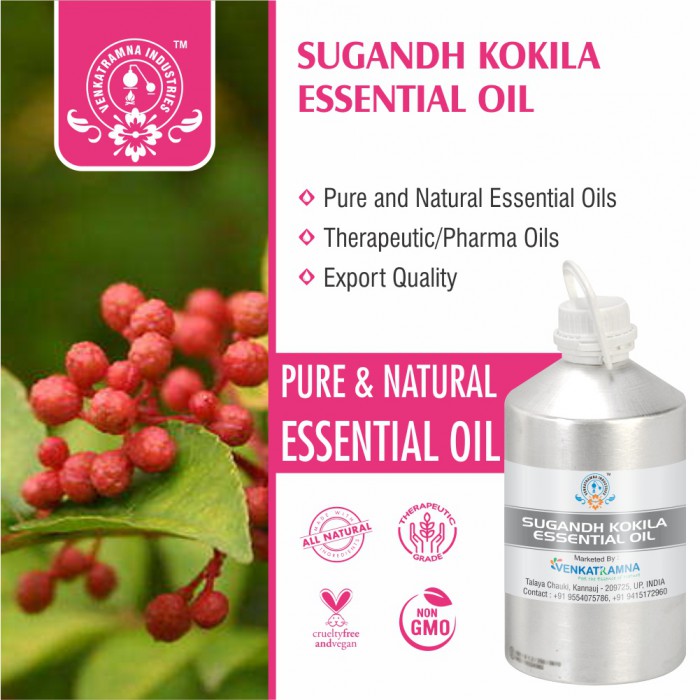Botanical Name: Citrus limon (L) Burm F Common name: lemon Plant f Read More
|
Botanical Name: |
Citrus limon (L)
Burm F |
|
Common name: |
lemon |
|
Plant family: |
Rutaceae |
|
Genus: |
Citrus |
|
Appearance/Color: |
A thin,
colorless to greenish yellow liquid. |
|
Odor: |
A top note with a
strong aroma, it has a strong bright lemony scent. |
|
Blends With: |
Bergamot, Lime,
Mandarin and Orange |
|
Origin: |
Florida and California |
|
Source: |
Fruit Peel |
|
Method of
Extraction: |
Steam Distillation |
The health benefits of lemon are
due to its many nourishing elements like vitamin C, vitamin B6, vitamin A,
vitamin E, folate, niacin, thiamin, riboflavin, pantothenic acid, copper,
calcium, iron, magnesium, potassium, zinc, phosphorus, and protein. It is a
fruit that contains flavonoids, which are composites that contain antioxidant
and cancer-fighting properties. It helps to prevent diabetes, constipation, high
blood pressure, fever, indigestion, as well as improves the skin, hair, and
teeth. Studies conducted at the American Urological Association highlight the
fact that lemonade or lemon juice can eliminate the occurrence of kidney stones
by forming urinary citrate, which prevents the formation of crystals.
The origin of the lemon is
unknown, though lemons are thought to have first grown in Assam (a region in
northeast India), northern Burma or China. A study of the genetic origin of the
lemon reported it to be hybrid between bitter orange (sour orange) and citron.
Lemons entered Europe near southern Italy no later than the second century AD,
during the time of Ancient Rome. However, they were not widely cultivated. They
were later introduced to Persia and then to Iraq and Egypt around 700 AD. The
lemon was first recorded in literature in a 10th-century Arabic treatise on
farming, and was also used as an ornamental plant in early Islamic gardens. It
was distributed widely throughout the Arab world and the Mediterranean region
between 1000 and 1150.
Lemons are ready to pick as soon
as they are yellow or yellow green in appearance and firm. The fruit will be 2
to 3 inches in size. It’s better to wait until they are the right size and not
worry so much about color than to wait for them to be completely yellow.
Unlike our other Lemon Essential Oils this means that the oil has more to give but also has a certain level of phototoxicity, which means it may irritate the skin when you go out in the sunshine. You should not use the oil undiluted and be careful when going out into the sun if using on the skin.
DISCLAIMER
The complete range of conditions
or methods of use are beyond our control therefore we do not assume any
responsibility and expressly disclaim any liability for any use of this
product. Information contained herein is believed to be true and accurate however,
all statements or suggestions are made without warranty, expressed or implied,
regarding accuracy of the information, the hazards connected with the use of
the material or the results to be obtained from the use thereof. Compliance
with all applicable federal, state, and local laws and local regulations
remains the responsibility of the user.
The FDA has not evaluated the
statements on this website. No claims are made by Venkatramna Industries as to
the medicinal value of any products from vriaroma.com or by us. The information
presented here is for educating our customers about the traditional uses of
essential oils and is not intended to diagnose, treat, cure, or prevent any
disease. You are responsible for understanding the safe application of these products.
If you have any questions, please call or email us for further information.
As per NAHA guidelines, New Directions Aromatics
(NDA) does not recommend the ingestion of essential oils. It is imperative to
consult a medical practitioner before using Essential Oils for therapeutic
purposes. Pregnant and nursing women and those taking prescription drugs are
especially advised not to use this product without the medical advice of a
physician. The oil should always be stored in an area that is inaccessible to
children, especially those under the age of 7.
Lemon Essential Oils are well known as an excellent cleanser
since good olden times. They are equally effective as an antiseptic due to high
levels of antioxidant contents. It is widely used
to clean minor wounds to prevent infection. It is traditionally used in
Ayurveda to treat superficial cuts, scrapes and burns to speed up the healing
process.
Lemon Sicily Essential Oil is both cooling and refreshing at
the same time. It may be used on skin and hair for its cleansing effect,
as well as for treating cuts and boils. It is perfect for Aromatherapy since
the strong lemon aroma along with the anti-biotic properties can provide
relaxation to mind as well as heal skin ailments. It is top choice in massage
oil combinations.
The strong aroma with air purifying
properties has wide range of applications in diffusers and deodorizers. The
gentle extraction process maintains more of the oil’s natural benefits. The
lemony scent makes Lemon Sicily
Essential oil a best choice into fragrance oil lamps and tea light lamps.
It is full of antioxidants and vitamin C. These
properties help fight off acne-causing germs and clear off skin blemishes and
is used in skin care and hair care routines.
COMMON
USAGE
·
Cures fever
·
Treats skin problems
·
Promotes digestion
·
Treats indigestion
·
Heals burning
·
Helps in hair care
·
Treats internal bleeding
·
Remedy for weight loss
·
Cures Cholera
·
Treats respiratory ailments
·
Treats Arthritis
·
Relaxes feet
·
Reduces Corns
·
Cures throat infections
·
Controls Blood Pressure
Ingredients:
|
S.No |
Key Constituents |
Strength (%) |
|
1 |
(þ)-Limonene |
56.6–76.0 |
|
2 |
b-Pinene |
6.0–17.0 |
|
3 |
g-Terpinene |
3.0–13.3 |
|
4 |
a-Terpineol |
0.1–8.0 |
|
5 |
a-Pinene |
1.3–4.4 |
|
6 |
Geranial |
0.5–4.3 |
|
7 |
Sabinene |
0.5–2.4 |
|
8 |
p-Cymene tr |
2.3 |
|
9 |
b-Myrcene tr |
2.2 |
|
10 |
Neral |
0.4–2.0 |
|
11 |
Terpinen-4-ol tr |
1.9 |
|
12 |
Neryl acetate |
0.1–1.5 |
Quality
Lemon oil may be adulterated with
natural or synthetic limonene, natural or synthetic citral, and numerous other
cheap products. These may include orange terpenes, lemon terpenes or
by-products.
Safety summary
·
Hazards: Skin sensitization if oxidized;
phototoxic (low risk).
·
Contraindications (dermal): If applied to
the skin at over maximum use level, skin must not be exposed to sunlight or
sunbed rays for 12 hours.
·
Cautions: Old or oxidized oils should be
avoided. Maximum dermal use level: 2.0%
Safety advice
Because of its (þ)-limonene
content we recommend that oxidation of lemon oil is avoided by storage in a
dark, airtight container in a refrigerator. The addition of an antioxidant to
preparations containing it is recommended.
Regulatory guidelines
Has GRAS status. In Europe,
essential oils containing furanocoumarins must be used so that the total level
of bergapten will not exceed: (a) 15 ppm in finished cosmetic products intended
for application to skin areas likely to be exposed to sunshine, excluding
rinse-off products; or (b) 1 ppm in sun protection and in bronzing products. In
the presence of other phototoxic ingredients, the sum of their concentrations
shall not exceed 100%.
Organ-specific effects
·
Adverse skin reactions: Undiluted
expressed lemon oil was moderately irritating to rabbits and three different
lemon oils were mildly irritating to mice but three further samples were not.
Tested at 10% or 100% on two panels of 25 volunteers expressed lemon oil was
not irritating. In a modified Draize procedure on guinea pigs, lemon oil was
non-sensitizing when used at 20% in the challenge phase. Tested at 10% on 25
volunteers it was not sensitizing.
·
Reproductive toxicity: The low
developmental toxicity of (þ)- limonene, b-pinene, a-pinene, sabinene and
b-myrcene suggests that expressed lemon oil is not hazardous in pregnancy.
Systemic effects
·
Acute toxicity: Expressed lemon oil acute
oral LD50 in rats >5 g/kg; acute dermal LD50 in rabbits >5 g/kg.
·
Antioxidant/pro-oxidant activity: Lemon
oil has demonstrated marked DPPH radical scavenging activity.
·
Carcinogenic/anticarcinogenic potential:
Lemon oil was not mutagenic in the Ames test, and did not produce CA in Chinese
hamster fibroblasts.
Expressed lemon oil has not been
studied for long-term photo genotoxic or photocarcinogenic effects. Lemon oil
is also produced by distillation, notably for particular flavor applications,
such as soluble essences for lemon drinks. Distilled lemon oil is
non-phototoxic but has an inferior odor to that of expressed lemon oil.
·
Ecotoxicity: Harmful to aquatic life. May have
long lasting effects.
·
Bioaccumulation: No data available
·
Mobility in soil: No data available
·
Persistence and degradability: No data available
·
PBT and vPvB assessment: No data available
·
Avoid direct exposure into water streams and
ground water sources.


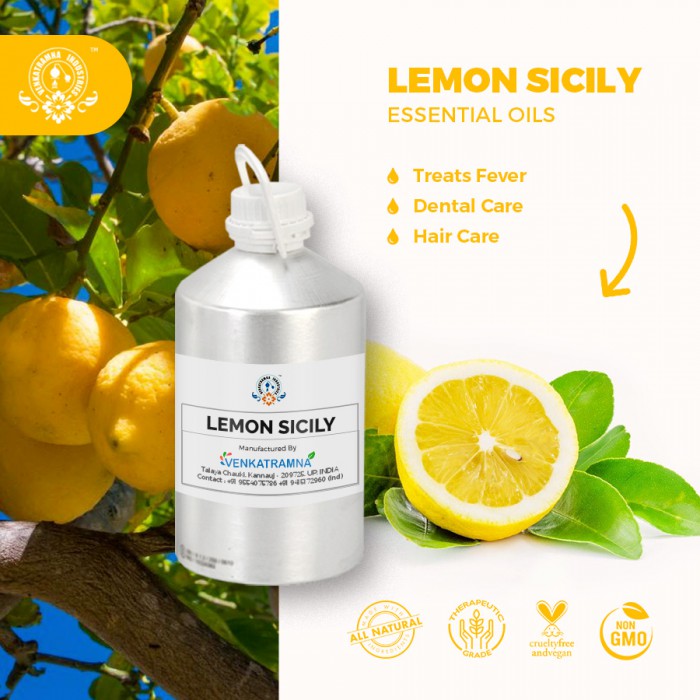
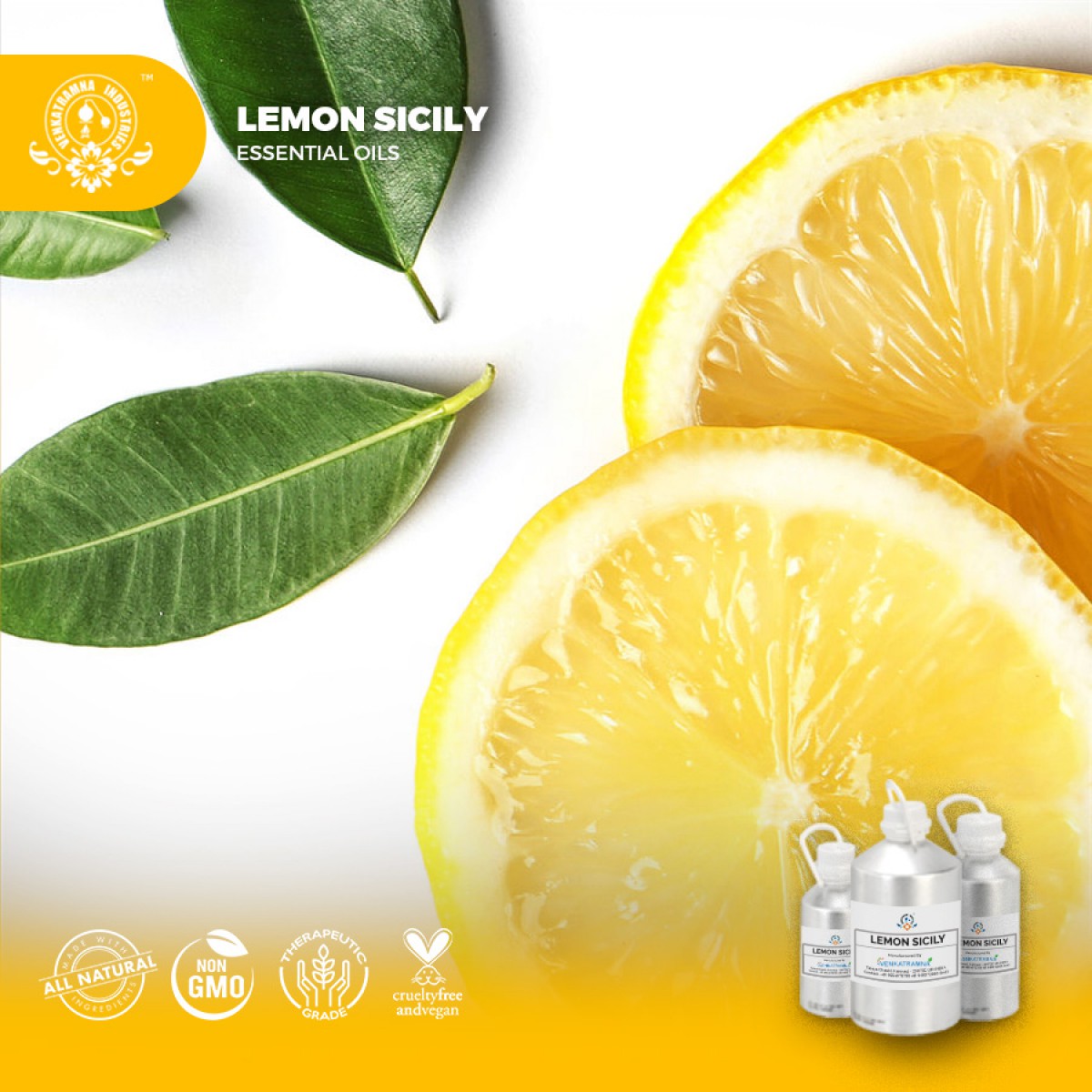
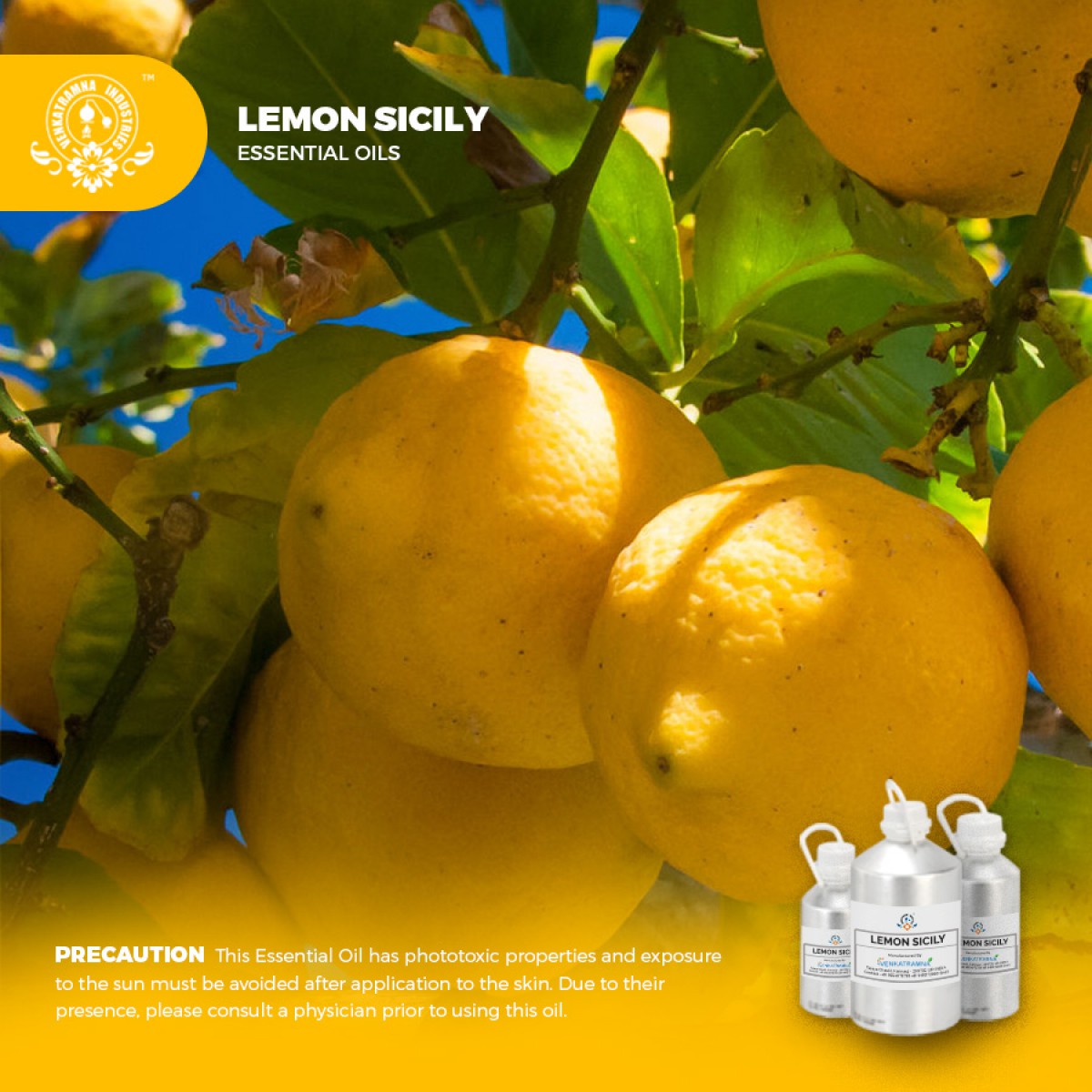
 MSDS-Lemon4.pdf
MSDS-Lemon4.pdf